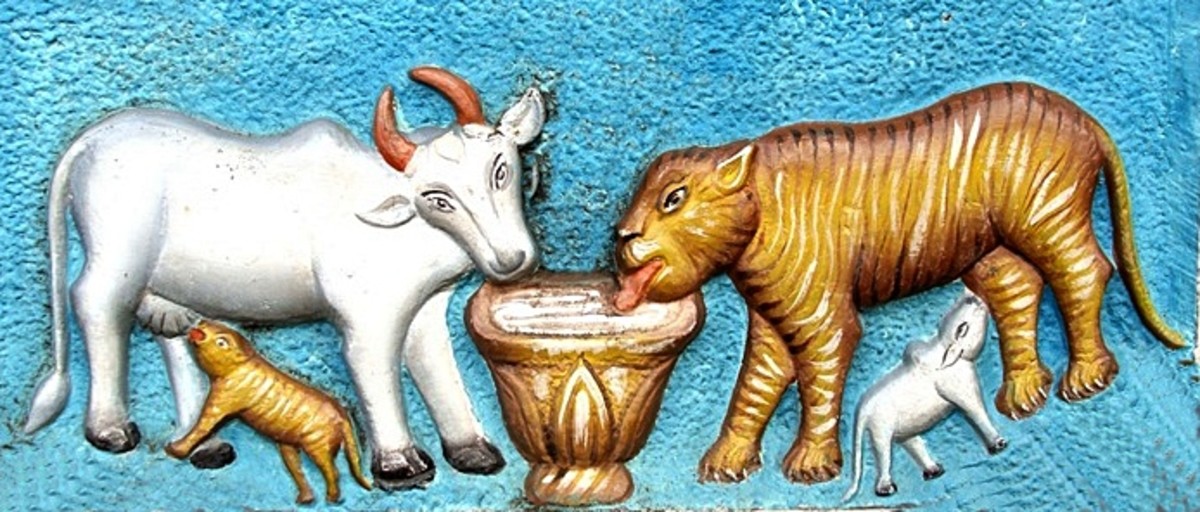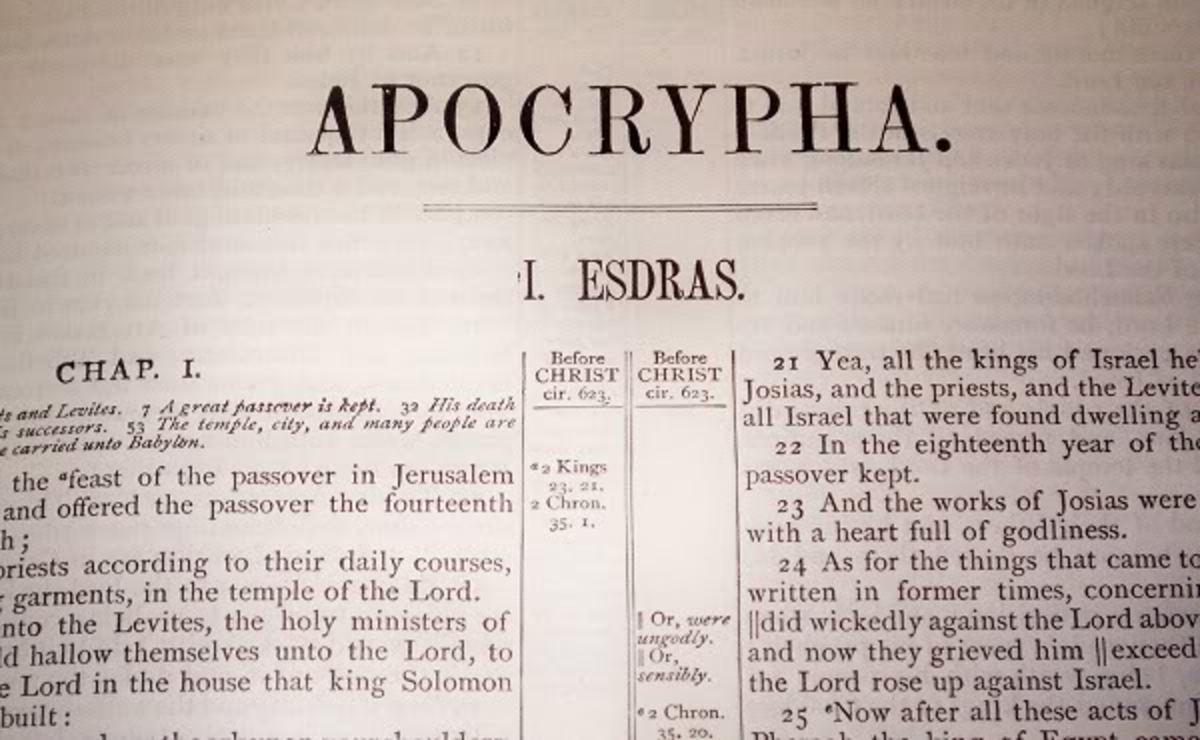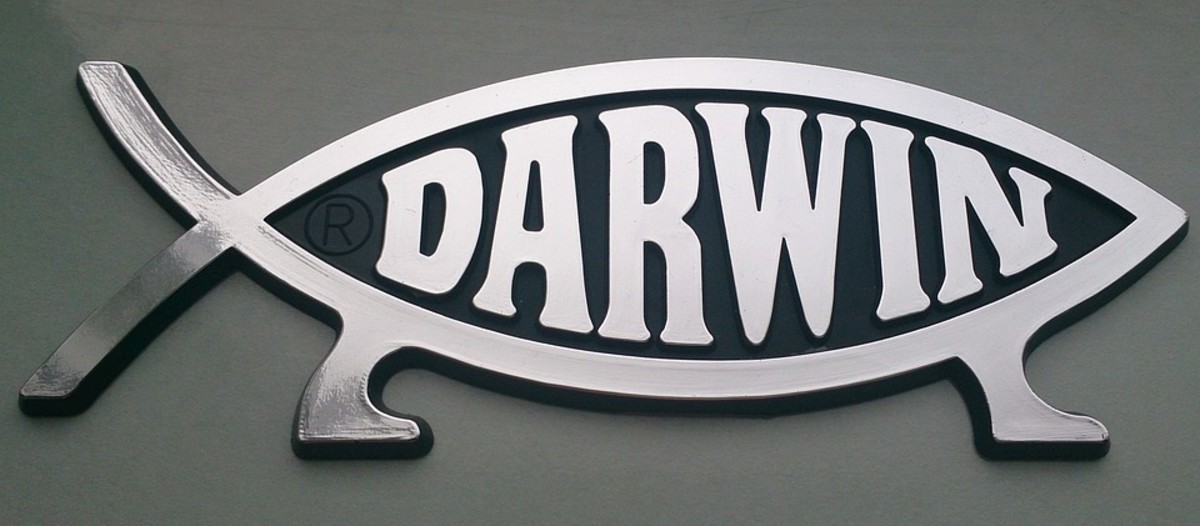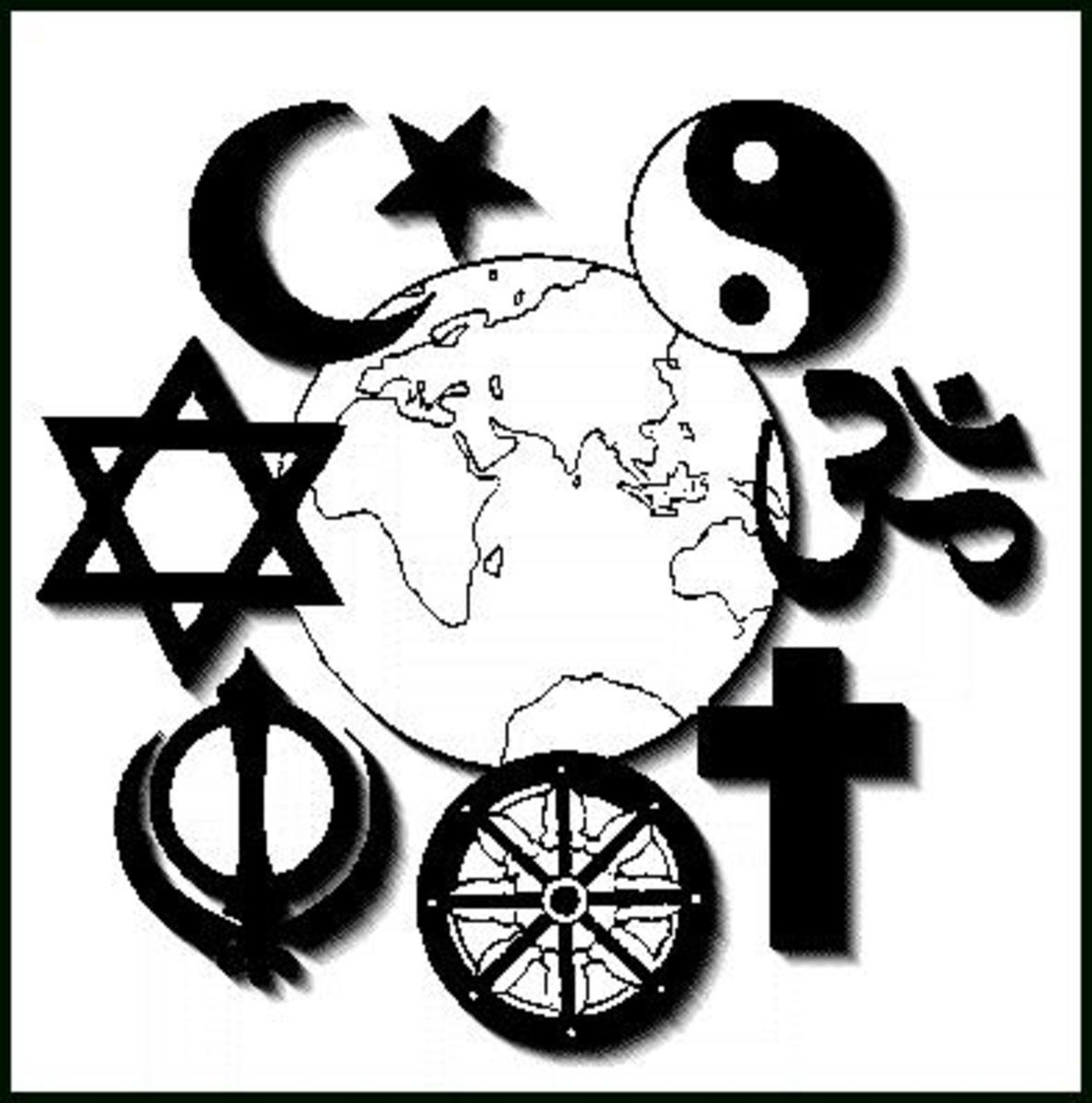The Brutal Honesty Christians are Deathly Afraid of

Christians like to define themselves as tolerant and moral, and claim that these virtues can be found in the bible, the divine words of their god. While I might be able to randomly open the bible and find some verse that may resemble some form of tolerance or morality, I could absolutely guarantee that I could open that same bible 100 times and each and every time find at least a dozen verses that contradict that supposed tolerance and morality Christians are so inclined to claim. There is an obvious disconnect with reality here, and Christians, most of them, do not seem to "get" it--or they do but completely deny it. At the same time, however, I can name half a dozen other ancient religious texts, non-Christian, of course, that do not contain even a fraction of the violence and blood shed that the Christian god demands in the bible--many of these texts written before the bible. How can Christians defend or even explain that?
The fact is, Christians are in denial, and have been for centuries. With each new discovery that embarrassingly proves how ridiculous their ancient text is, they make excuses in hopes of providing a believable rationalization for their book's erroneous content. As modernity advances us with science and technology they try to fit scientifically sound laws into their Iron Age rusty box of tricks and magic. As society pushes forward and views of human rights, homosexuality, and women's statuses align with a more correct and educated way of thinking, Christians struggle to defend the slavery, homophobia, and misogyny that their god perpetuated. The only conclusion a logical, rational, brain can form here is that the bible and its god are wrong and not even close to anything remotely tolerant and moral. But, to prove my point, I will indeed list just a few of those ancient religious texts I mentioned earlier, and we can see how the morality of the bible stacks up to them.
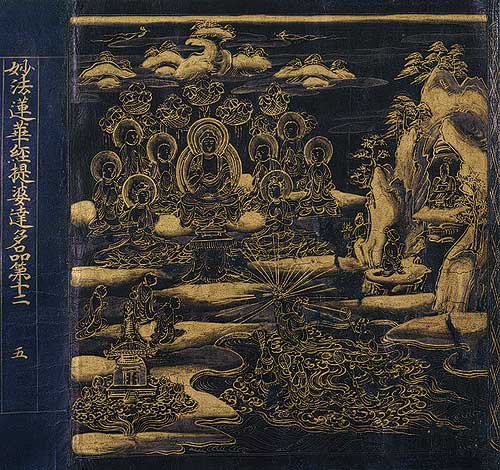
The Lotus Sutra
Written in the 1st or 2nd century CE, this is one of the most popular texts for Buddhism, specifically followers of Nichiren. This text is mostly an epic poem which relates stories of the Buddha in an ephemeral land that transcends time and space, but the main message or point that this text conveys is that salvation is attainable for all. Now, like the bible, the Lotus Sutra contains parables and emphasizes the need for faith and devotion to the Buddha, but to the dismay of Christians everywhere, nowhere does it advocate slavery, violence, war, or any other violent act. So, while it may be full of mythology, just like the bible, and while it may depend completely on the faith of the reader, just like the bible, at least the Buddha doesn't demand blood sacrifices, or punish entire populations of people with slavery or genocide. The message is quite positive, in fact--salvation for all--whereas in the bible you are sure to meet your demise in a fiery hell for even thinking of worshiping another god. And that is just one of the many number of ridiculous acts that can win you an eternity in hell. So let's see, Buddhism 1, god 0.
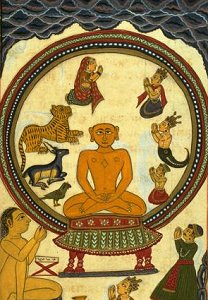
Jainism
Jainism is perhaps the most non-violent of all religions. This Indian religion's philosophy is simple--non-violence to all living beings. Going back to as early as the 9th century BC, this religion and many of its texts truly do out date the bible by at least a few centuries. Jainists practice vegetarianism, meditation, pacifism, and would be hard pressed to kill a fly even, literally. If ever there were religious texts that advocated true morality, Ardhakathanaka and Shauraseni are it. You will not find a blood thirsty god here. No human ownership of any kind. No cruelty to women or children. If Christians' claim to a moral life is truly in some vague interpretation of the bible, they have gone about it the hard way, because it is laid out perfectly clear, no interpretations needed, in Jainism.
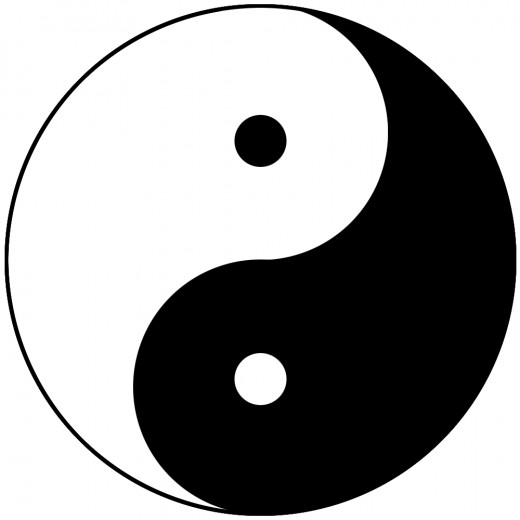
Tao Te Ching
The Dao, or The Way is a work and philosophy attributed to Laozi, an ancient Chinese philosopher that the Chinese believe lived in the 6th century BC. Now, while all of this is subject to historical criticism, just like the bible and it's claims are, we aren't focusing on historical facts, here, just the messages conveyed in the texts. So, for the sake of moving on, let us assume that Laozi was indeed the author of The Dao. This text tries to guide readers to their "natural state," one in harmony with nature. Basically this text is a collection of ideas explained with paradoxes, analogies, ancient sayings, and rhymes. The message is simple, man upsets the natural balance of the Dao, so this acts as a guide to a harmony with nature. No killing, no violence, no blood sacrifices here. In contrast, the bible is perhaps the very cause of this unnatural balance The Dao speaks of. Surely the human ownership, genocide, and live sacrifices that the god of the bible demanded made it that much harder for Daoists to attain that natural balance.
Conclusion
With still numerous other works and philosophies that truly can claim morality and tolerance as the backbone of their beliefs, Christians will read this and rattle off a number of excuses for why their immoral book is still the best example of morality we have. Not only is it the best example, it is the only one that anyone need follow or pay any heed to. A book that nowhere denounces slavery, advocates misogyny, propagates incest, and demands blood sacrifices to a jealous and vengeful god? In what possible way is this book moral? Christians, you are not being honest with yourselves. And I do believe that not lying is one of the Ten Commandments. By clinging to this silly notion that your book is the most moral of them all you are breaking one of your god's own rules. Doesn't breaking one of the Ten Commandments get you an eternity in hell? Perhaps it's time to change religions, Christians--to one with a more peaceful agenda--perhaps to a religion I have suggested in this article even. Because, you know, the chances that you would still be a Christian if you were born in China, India, or Japan are pretty close to zero. So, do what you do best, and just cherry pick your way out of this one.
Non-violent Religious Texts
More on the Bible
- Genocide in the Bible: When has it Ever Been Okay?
Like slavery, genocide is another hot topic in the bible that Christians rush to defend. This article will take a closer look at genocide and the Apologists' excuses for it. - Slavery in the Bible: No, it's not Voluntary and it Certainly is not Indentured Servitude
There is no end to justifications for slavery in the bible from Christians and Apologists. This article will put an end to that silly notion once and for all. - The Bible: A Solid Foundation for Atheistic Belief
The bible is far from a moral guide. If anything, it is a guide on how not to live your life. - The (Im)Moral Christian
Modern Christianity is a modern invention. Although Christians tend to cling to an ancient book, quite possibly the most immoral book ever conceived,they don't practice what it dictates, but they do defend it. This is a paradox.






